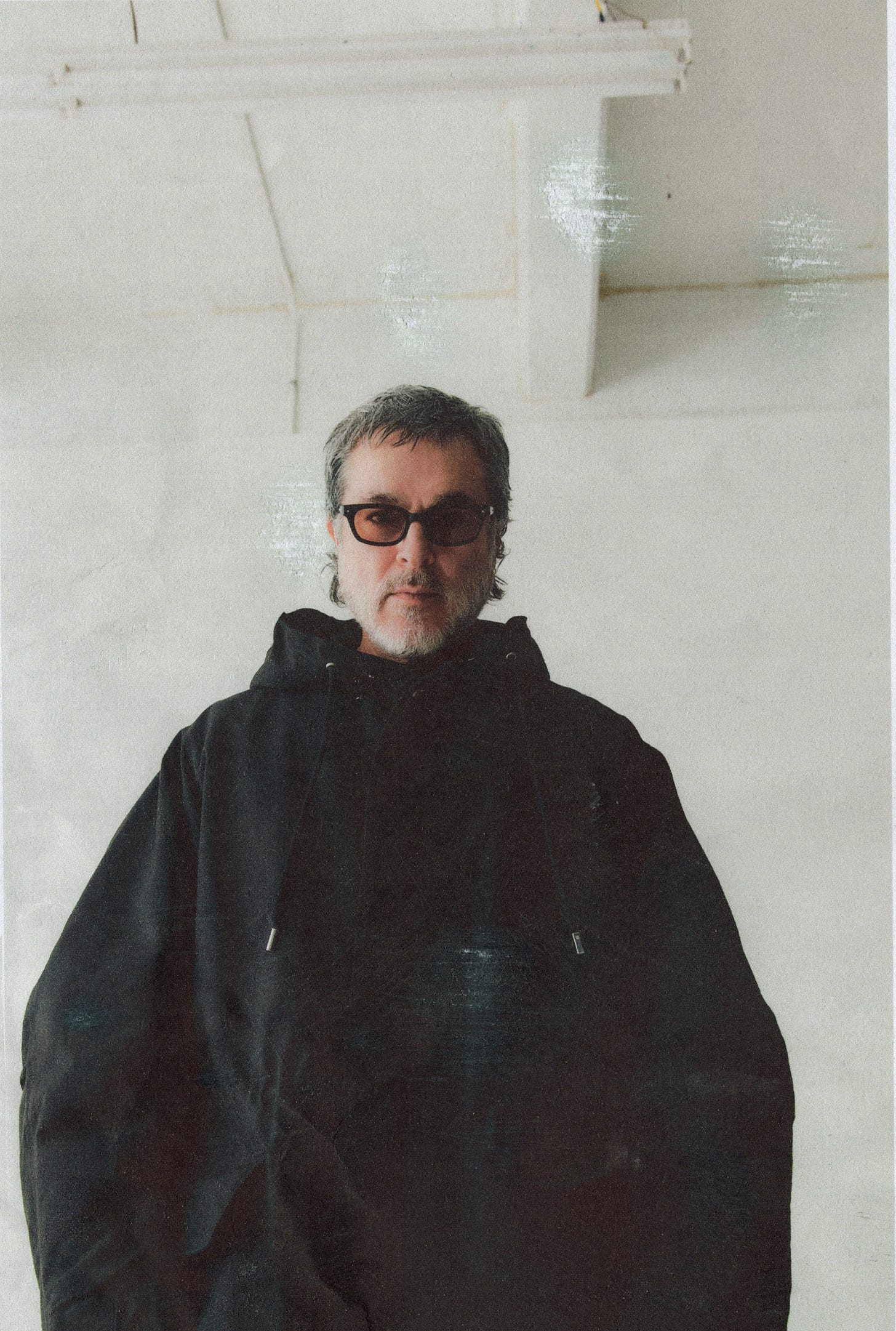Eddie Chacon
The neo-soul progenitor-turned-21st century sage meditates on Career 2.0, death, and Philly Soul
Photo by DeMarquis McDaniels
In the summer of 2020 (yes, peak pandemic lockdown), a new label sent me a record by someone named Eddie Chacon. Did I remember that hit he had back in the day? Despite being a high school kid obsessing over the radio in the early ‘90s, I had never ever heard the one hit wonder that Eddie and Charles Pettigrew had cut back in…



